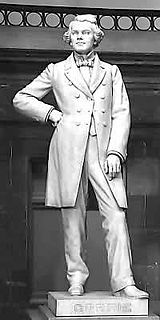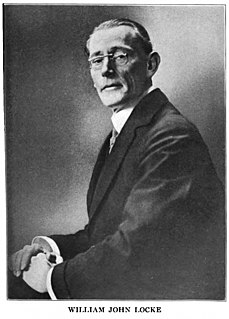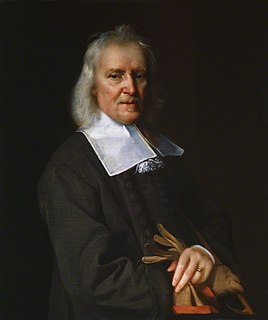A Quote by Samuel Johnson
The most heterogeneous ideas are yoked by violence together; nature and art are ransacked for illustrations, comparisons, and allusions; their learning instructs, and their subtlety surprises; but the reader commonly thinks his improvement dearly bought and, though he sometimes admires, is seldom pleased.
Related Quotes
In the art of teaching, we recognize that ideas and insights need to cook over a period of time.
Sometimes the student who is least articulate about expressing the ideas is in fact the one who is absorbing
and processing them most deeply. This applies as well to our own private learning of our art form; the
areas in which we feel most stuck and most incompetent may be our richest gold mine of developing
material. The use of silence in teaching then becomes very powerful.
The best introduction by far to representation of the human figure in art. The Nude is a beautifully written work of sophisticated connoisseurship that analyzes art in its own terms rather than imposing strident, politicized categories on it. It outlines the major body types, male and female, in Western art and, via a wealth of illustrations, trains the reader's eye to detect and evaluate proportion. This book reveres art
Explaining is a difficult art. You can explain something so that your reader understands the words; and you can explain something so that the reader feels it in the marrow of his bones. To do the latter, it sometimes isn't enough to lay the evidence before the reader in a dispassionate way. You have to become an advocate and use the tricks of the advocate's trade.
And though it is most certain, that two lutes being both strung and turned to an equal pitch, and then one played upon, the other will warble a faint audible harmony in answer to the same tune: yet many will not believe there is any such thing as sympathy of souls, and I am well pleased that every reader do enjoy his own opinion.
I really cannot know whether I am or am not the Genius you are pleased to call me, but I am very willing to put up with the mistake, if it be one. It is a title dearly enough bought by most men, to render it endurable, even when not quite clearly made out, which it never can be till the Posterity, whose decisions are merely dreams to ourselves, has sanctioned or denied it, while it can touch us no further.
The difference between an admirer and a follower still remains, no matter where you are. The admirer never makes any true sacrifices. He always plays it safe. Though in words, phrases, songs, he is inexhaustible about how highly he prizes Christ, he renounces nothing, gives up nothing, will not reconstruct his life, will not be what he admires, and will not let his life express what it is he supposedly admires.
Every man speaks and writes with intent to be understood; and it can seldom happen but he that understands himself, might convey his notions to another, if, content to be understood, he did not seek to be admired; but when once he begins to contrive how his sentiments may be received, not with most ease to his reader, but with most advantage to himself, he then transfers his consideration from words to sounds, from sentences to periods, and, as he grows more elegant, becomes less intelligible.




































